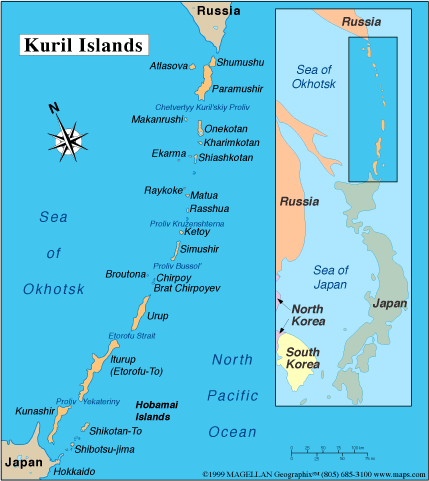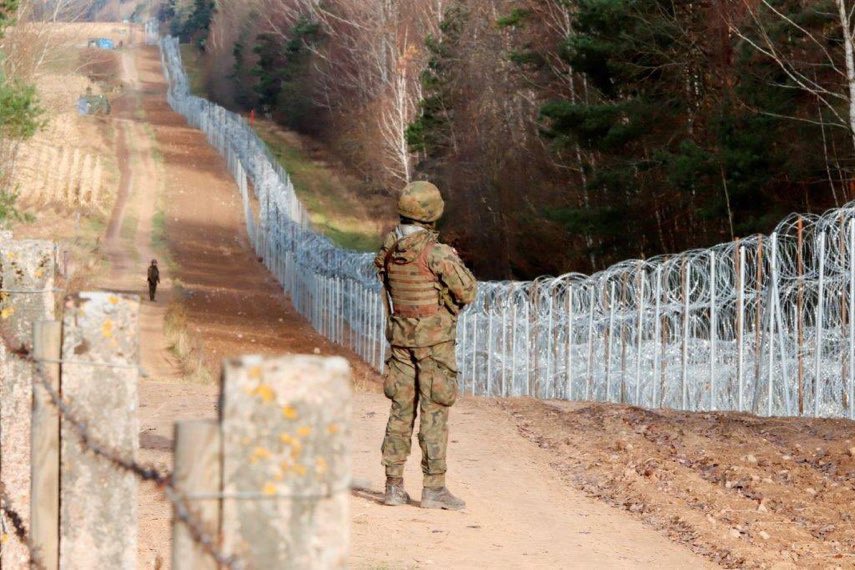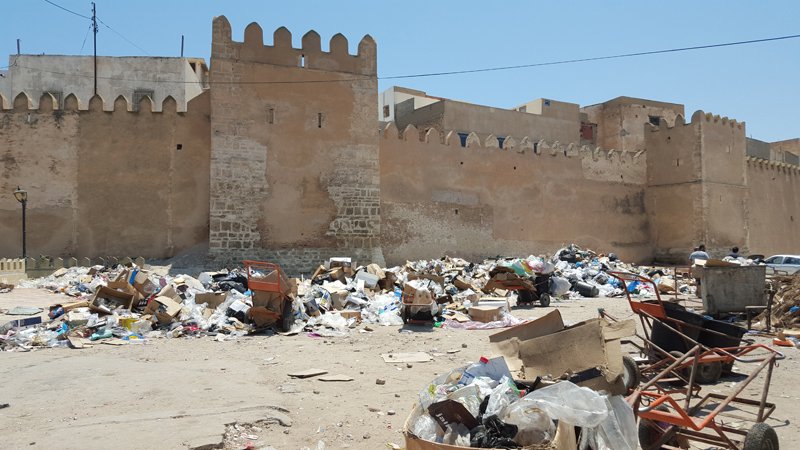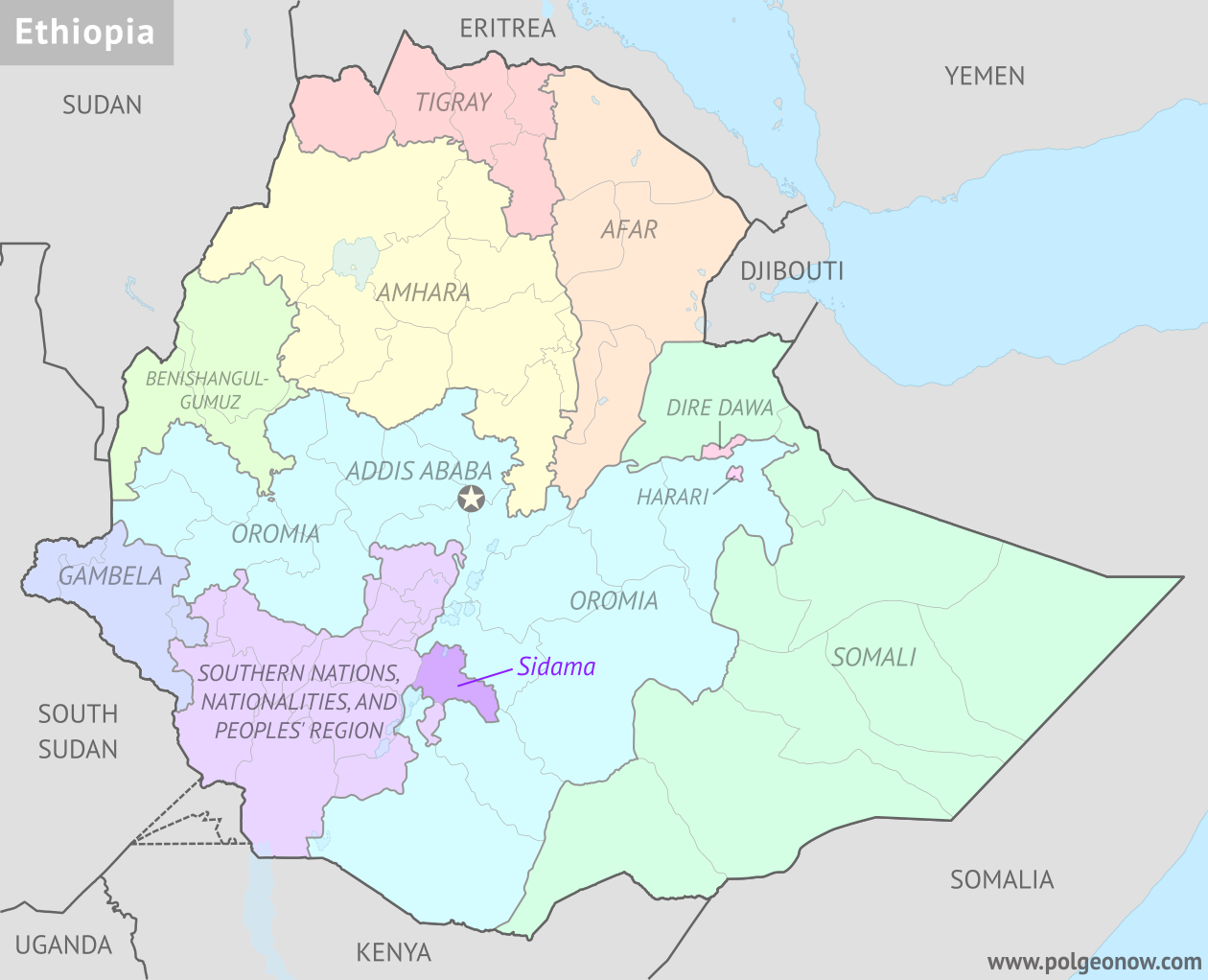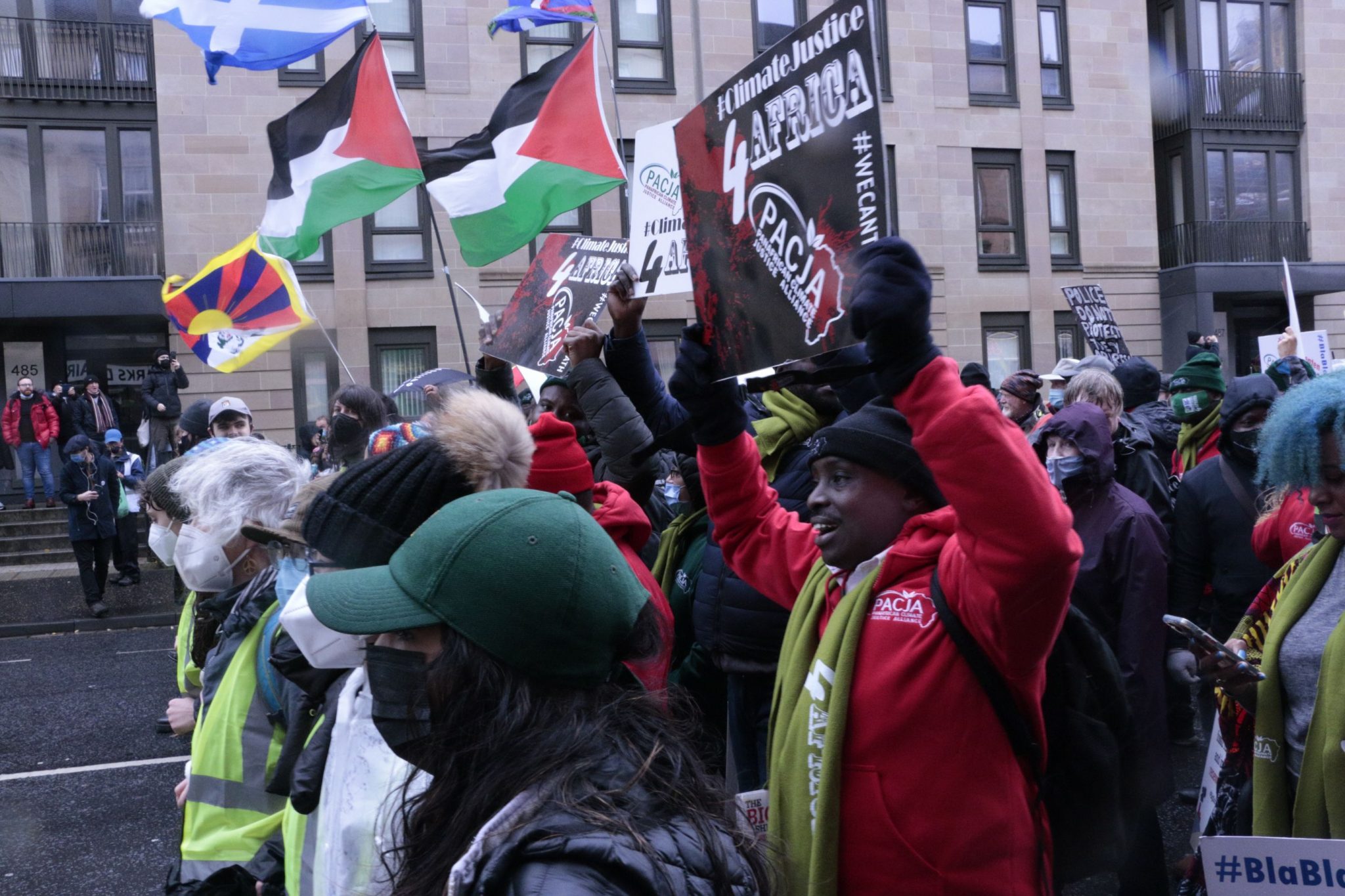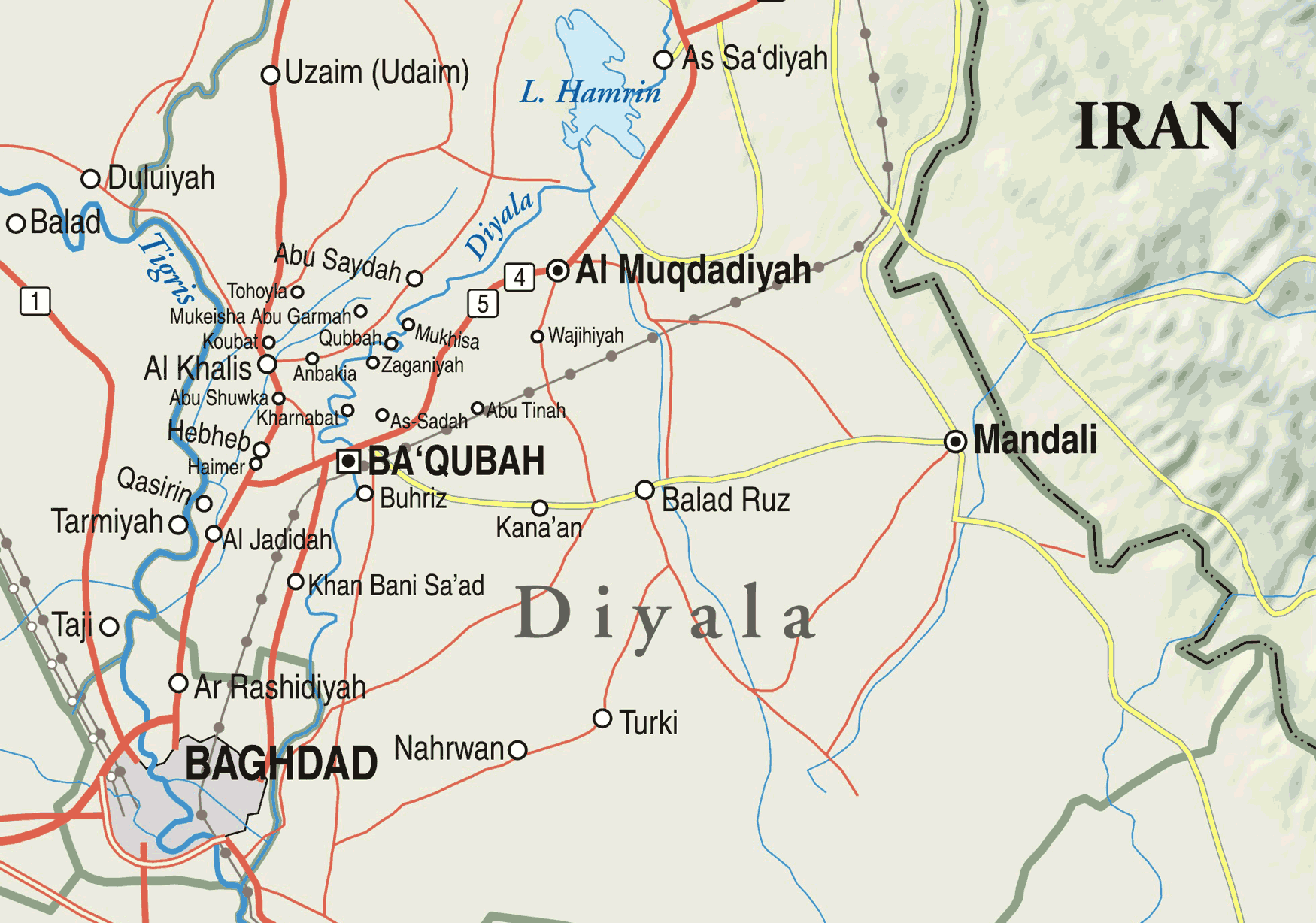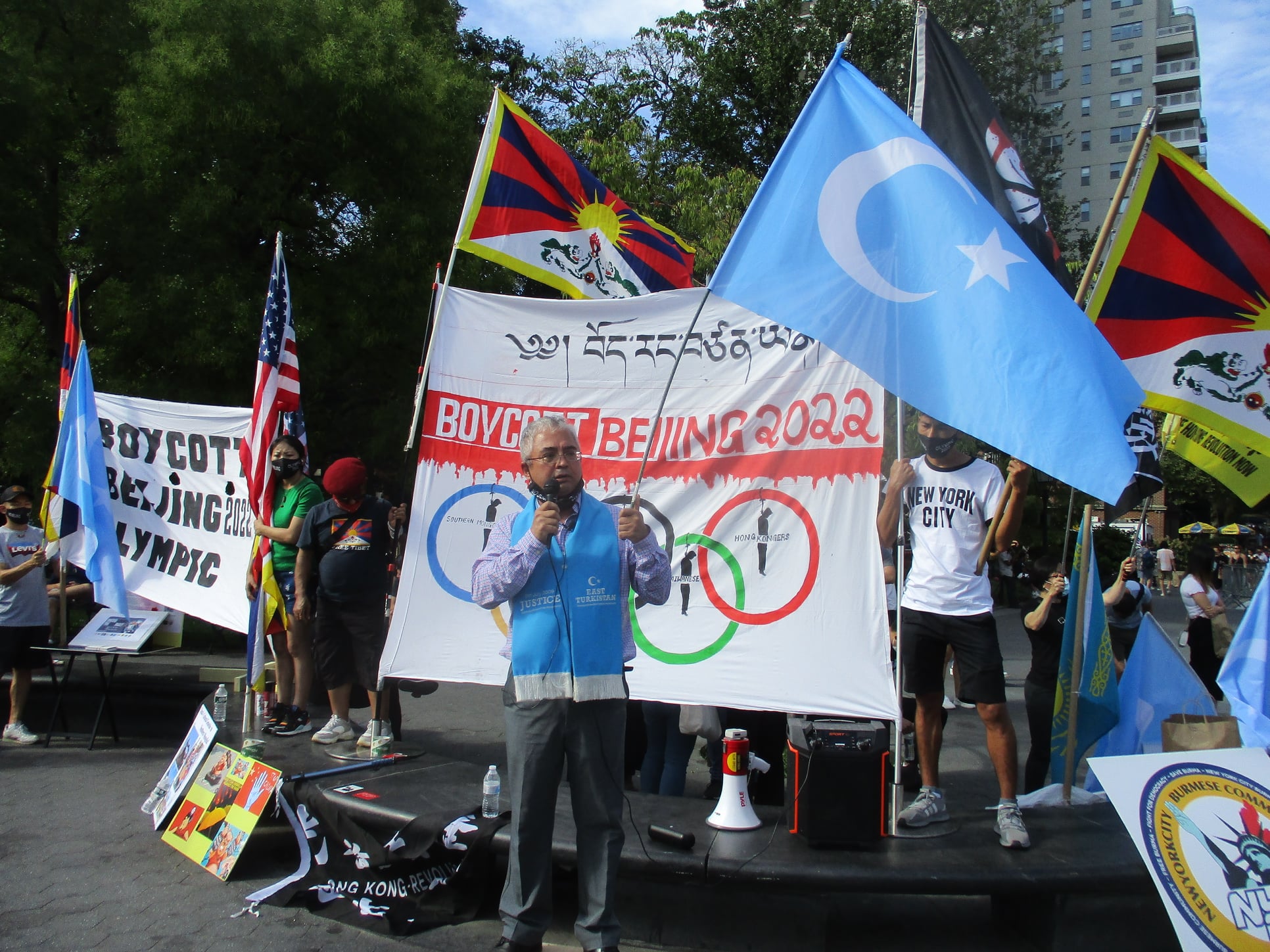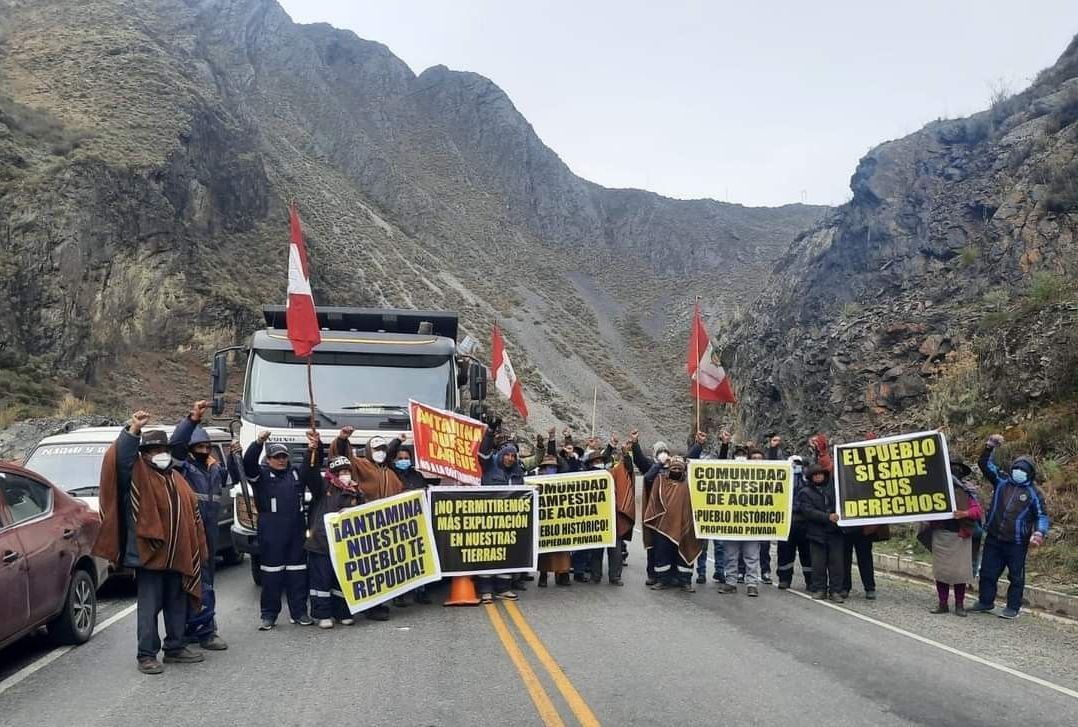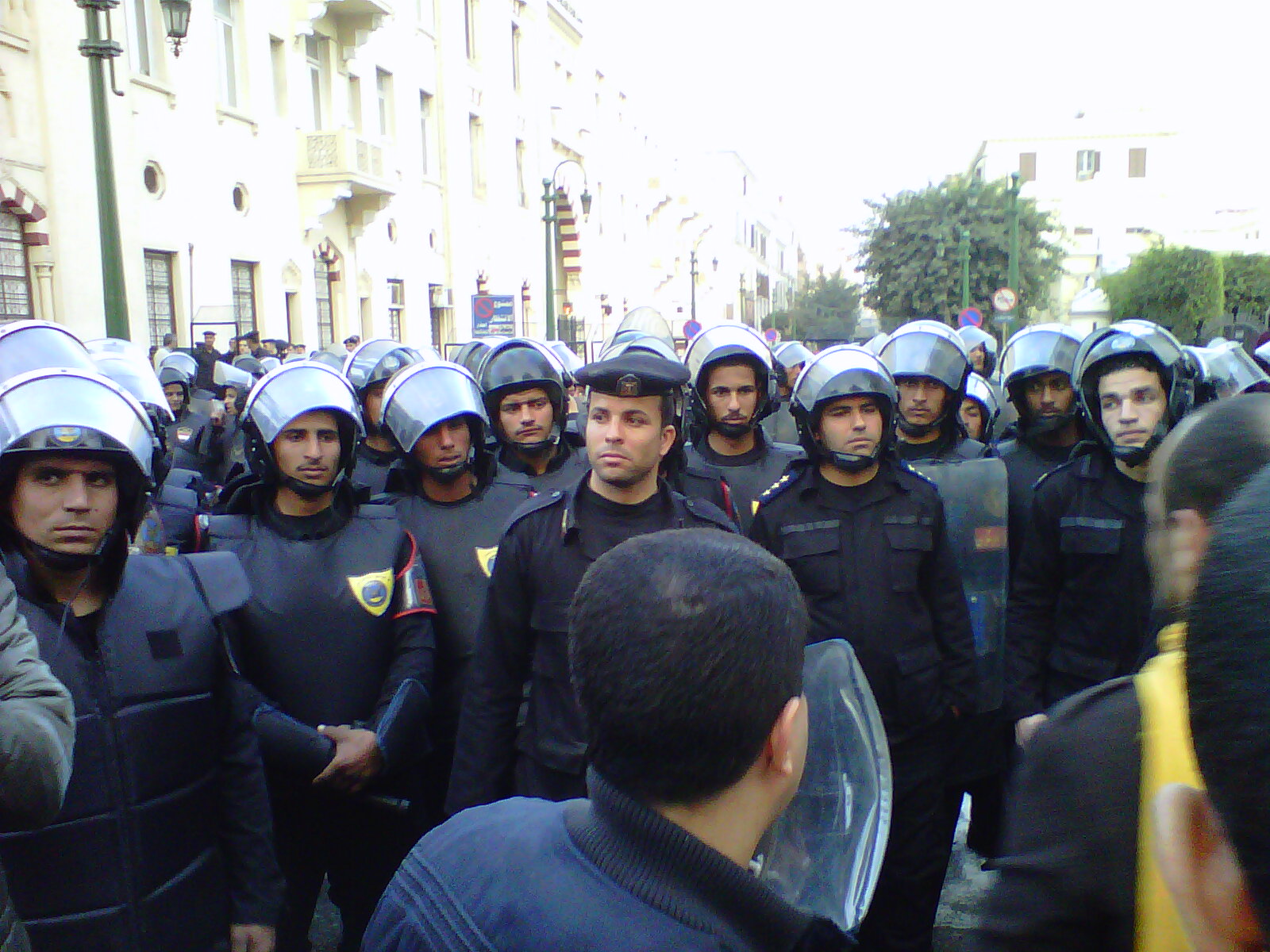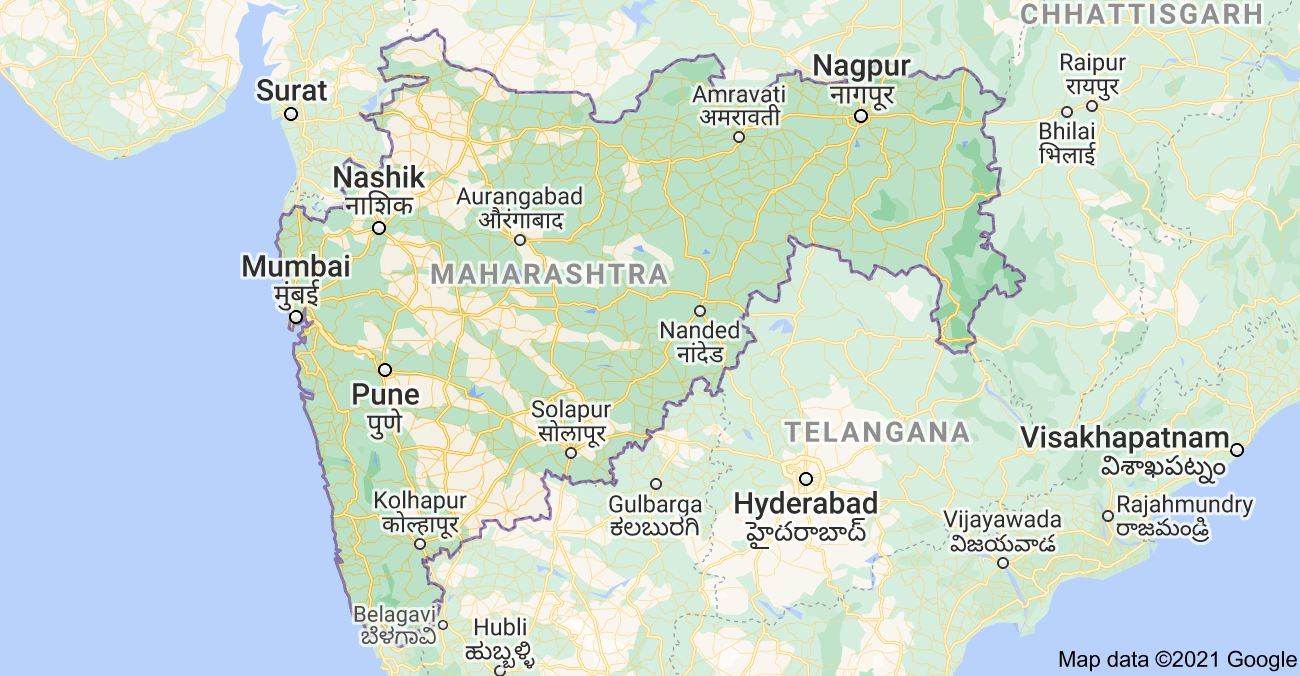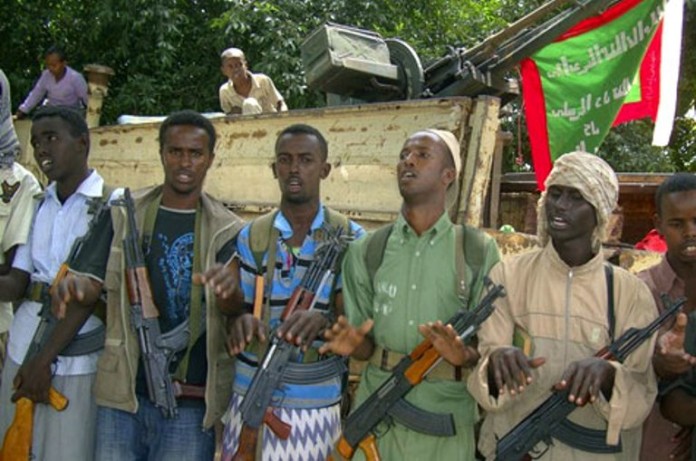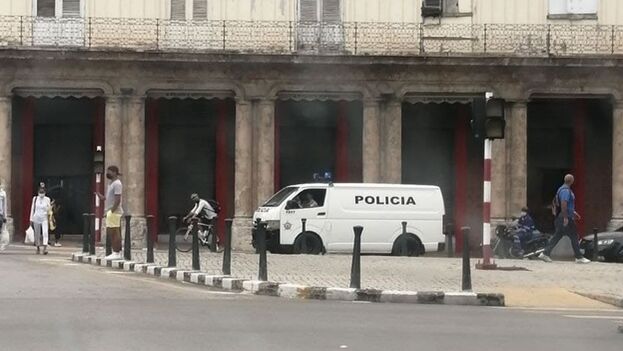
Cuba: pre-emptive repression stifles protests
Plainclothes State Security in Havana pre-emptively shut down a “Civic March” that had been called by opposition networks. In addition to heavy deployment in the parks and squares, armed agents were stationed on rooftops around the iconic Capitolio building. What opposition website 14ymedio called pro-regime “vigilante groups” also gathered on street corners. According to independent human rights organization CubaLex, police arrested 11 people, while some 50 identified as key organizers were effectively “besieged” in their homes to forestall any public gathering. Those arrested had apparently attempted to gather in defiance of the security measures. A small group of youth was detained on the Paseo del Prado while shouting “Patria y Libertad“, slogan of the protest wave that shook Cuba in July. (Photo: 14ymedio)



